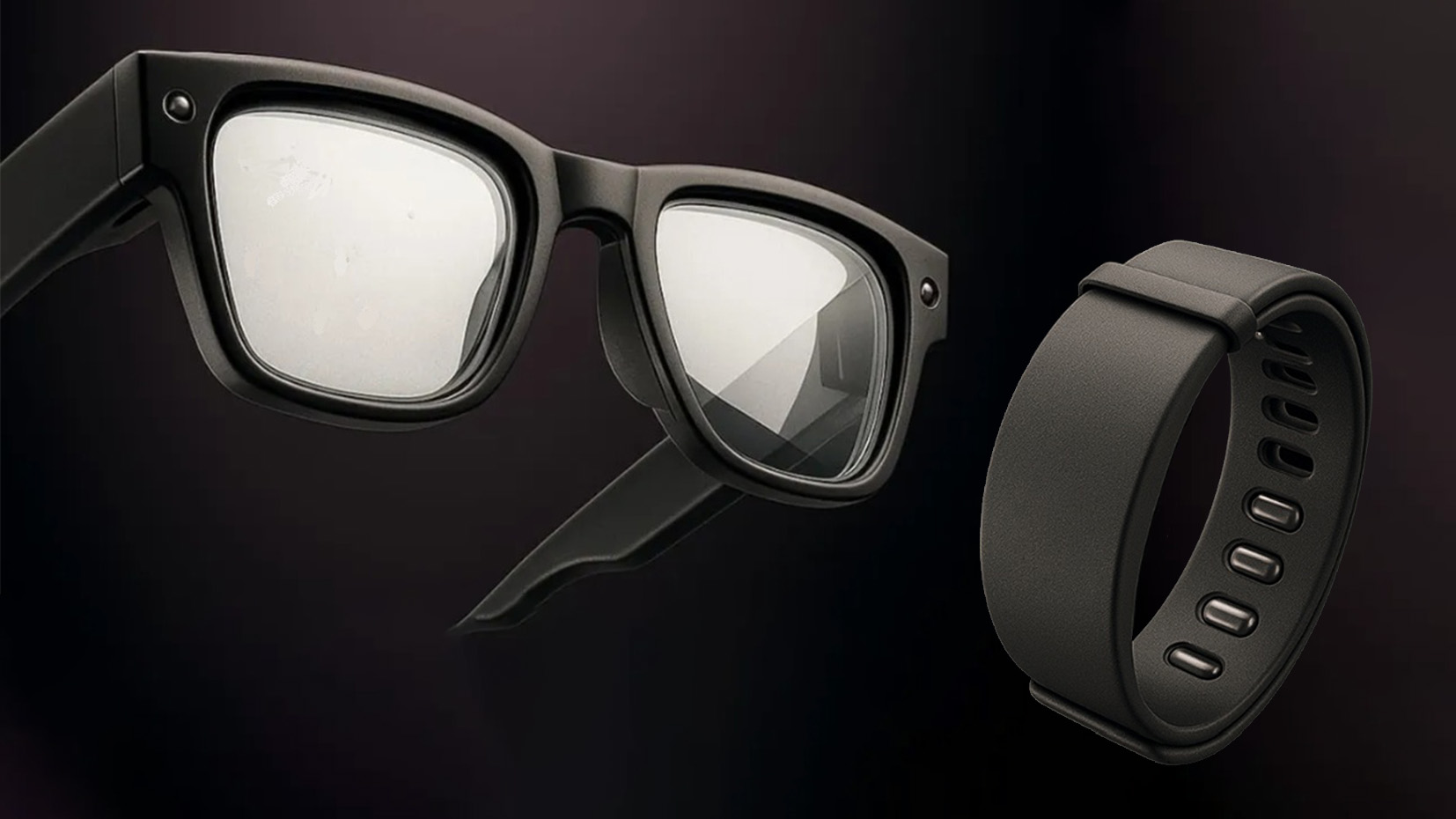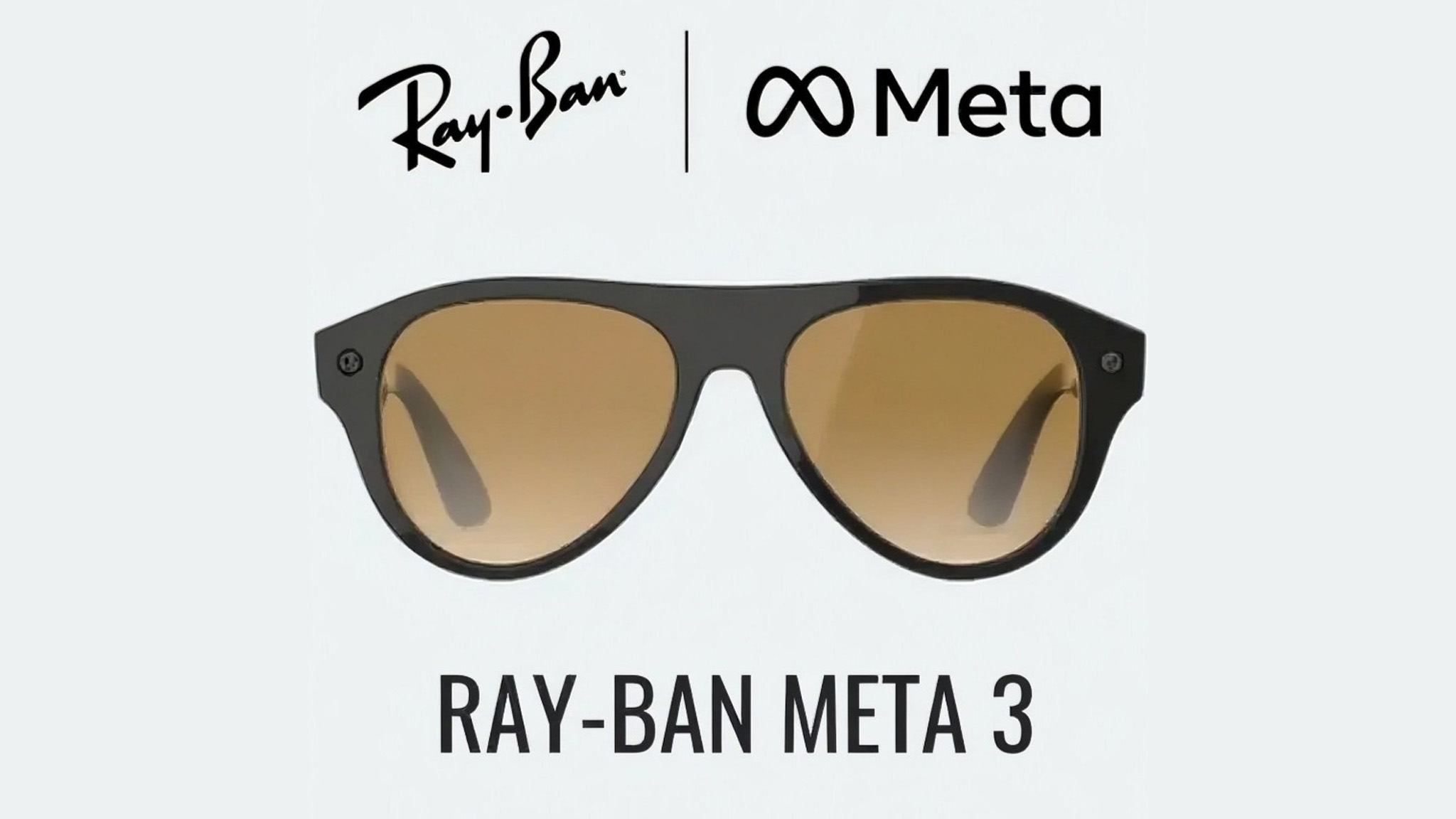And thvrsday

In his weekly column, Android Central Senior Content Producer Nick Sutrich delves into all things VR, from new hardware to new games, upcoming technologies, and so much more.
Meta Connect 2025 happens in less than a week! The annual event takes place this year on September 17 and 18, and we’re expecting some huge announcements from Meta as they continue to advance their lead in XR and AI.
Last year, Meta used the platform to announce the Meta Quest 3S, alongside some huge updates to its Horizon OS platform. Oh, and we can’t forget the bombshell that was Meta Orion, the first full-featured pair of smartglasses from the company that represents Meta’s vision of the future of computing.
This year, we’re expecting Meta to further solidify its lead in smart glasses after recently launching Meta Oakley HSTN last month. Announcements should include a few additional pairs of smart glasses — one with a display in a lens! — as well as Meta AI updates and maybe even a new VR headset from the ASUS ROG brand. Here’s everything you should expect from Meta Connect 2025!
What we’ll most likely see: Smart glasses and AI

We’re expecting a trio of smart glasses announcements from Meta at this year’s Connect. The most exciting of which is Meta Hypernova, which will be Meta’s first consumer pair of smart glasses with a display. While we got to test out Meta Orion at last year’s Connect, that pair was never intended to be a product you could walk into a store and buy.
Meta Hypernova may be called Meta Celeste when it launches later this year, but we’ll need to wait for Connect to be sure. Essentially, Meta Celeste can be considered a hybrid between a smartwatch, smartphone, and existing smart glasses. A small display is said to be in one of the lenses, which can show notifications, turn-by-turn directions, and even some apps.
The glasses are rumored to ship with Meta’s most popular apps preinstalled (WhatsApp, Messenger, etc) and will connect to your phone to sync relevant information. Just like a smartwatch, it should have its own OS, processor, and a unique input system that relies on hand tracking and a gesture bracelet to make virtual interaction feel seamless.

We’re also expecting Ray-Ban Meta Smart Glasses Gen 3 to make a debut at Connect, and it seems like Meta is doing something interesting with this release. Instead of three different frame styles with your choice of lenses in each, it’s rumored that Meta is making separate sunglasses and prescription glasses frames to widen compatibility with lenses.
Some users were unable to use Ray-Ban Meta Smart Glasses because they don’t support strong prescriptions, something a dedicated pair of prescription Ray-Ban frames would be able to do. Meta should be launching a new version of Meta AI with these Gen 3 Ray-Bans, as well as Meta Hypernova, which allows Meta AI to see the world around you for much longer.
This would enable Meta AI to give you personalized memory-based responses. For instance, you may be able to ask Meta AI where you left your keys or where it last saw your phone. It’s even said that Meta AI will be able to remember people’s names and faces with this update.

Meta has a lot of upcoming competition, including a rumored pair of smartglasses from Amazon and upcoming Android XR-powered smart glasses from Google’s partners. Amazon is said to be developing glasses that will directly compete with Ray-Ban Meta Smart Glasses — so something Alexa-powered that features a camera and Bluetooth connectivity, as well as a pair of smart glasses with a display in the lens.
Google is running the gamut of options, as well, including partnerships with well-known brands like Gentle Monster and Warby Parker. We’ve already had the chance to go hands-on with Google’s AR glasses and can’t wait to directly compare them to whatever Meta announces at Connect this week!
What’s least likely to make an appearance: A new VR headset

VR has been a little slower over the past year than Meta would like, but that doesn’t mean the company is slowing down its VR R&D department. Last April, Meta announced that the Horizon OS that powers Meta Quest headsets would go third-party, meaning other companies could make a headset and use Horizon OS to power it, similar to how Android works.
Rumor has it that we might finally get a sneak peek at the ASUS ROG Tarius, the first fully custom headset developed under Meta’s new program. This would be different from the Meta Quest 3S Xbox Edition, which was just a “reskinned” Meta Quest 3S with some extra goodies in the box.
The ASUS ROG Tarius is said to sport more advanced hardware than the Meta Quest 3, making it the most premium Horizon OS-powered headset. That includes a faster processor, eye tracking and face tracking, and upgraded displays featuring either QD-LCD or micro-OLED technology, per Luna on X.
Meta Connect is just a few days away, so we won’t have long to find out!


